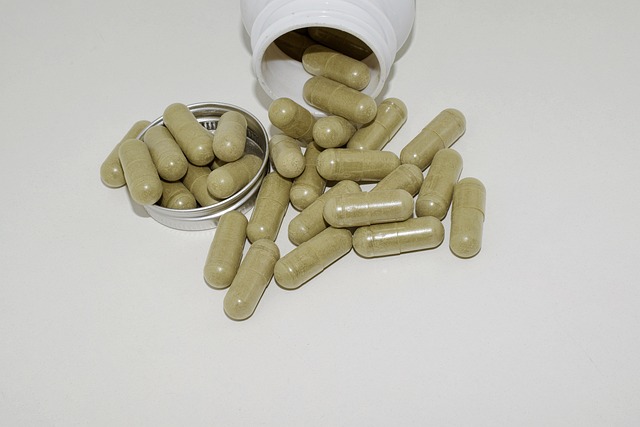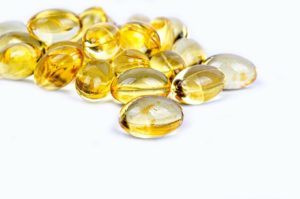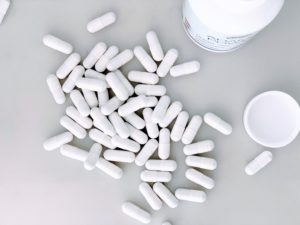Green Tea Extract and Liver Failure

While drinking green tea is typically associated with health and longevity, concerns have been raised with the safety of green tea extracts. While often used in weight loss supplements, which have their own set of concerns, green tea extract is also a way to get the benefits of tea without consuming it as a beverage.
And the potential health benefits of green tea are not insignificant. Research suggests that green tea or its constituents may:
- Help to prevent colds and flu
- Contribute to weight loss
- Improve heart health
- Protect from cancer
- Support mental health
- Decrease the risks for dementia
Yet it’s worth being aware that cases of liver inflammation from green tea extract, in some cases even requiring a liver transplant, can occur. Fortunately, all of the cases have been associated with extracts and not from drinking tea. Most likely, due to the extreme concentrations achievable through different processing techniques, green tea extract can cause liver toxicity.
The average cup of green tea contains between 5 and 40 mg of EGCG, one of the main antioxidants present (Friedman 2006). Average consumers of green tea as a beverage might consume up to 300 mg of EGCG a day (EFSA 2018). However, green tea extracts that contain 500 mg or more of EGCG are readily available as supplements, allowing individuals to consume much larger doses of EGCG.
Initial Reports of Liver Toxicity
Around the year 2000, case reports started to document liver toxicity related to green tea extracts. One supplement in particular, Exolise, a weight loss product that consisted of green tea extract, caused thirteen documented cases of liver inflammation. In 2001, a woman taking Exolise developed liver failure, requiring a liver transplant. Based on the evidence, the doctors concluded that Exolise was the most likely cause of her liver failure (Gloro 2005).
As cases of liver damage began to accrue, the French and Spanish authorities banned Exolise out of safety concerns (EFSA 2018). And yet other brands of green tea extract have continued to cause problems when taken in high doses.
The most recent review of the concerns found over 200 cases of liver failure related to green tea extract consumption, with more severe cases requiring a liver transplant (Grajecki 2022). For a natural product, this is an unusually high number of cases of liver toxicity, shining a bright light on the level of safety concerns for overconsumption of green tea extracts.
Data from a High-Dose Cancer Trial
Some of the strongest evidence for the concerns directly related to green tea extract come from a high-dose clinical trial with cancer patients. In the study, patients were given 2000 mg of EGCG twice per day (Shanafelt 2013). Over the course of treatment with green tea extract, 48% of patients developed elevated liver enzymes. In 17% of patients, the elevations were severe enough that treatment was discontinued completely.
Other Herbs Have Been Banned for Less

A separate herb, comfrey, was previously banned for the risks that it posed for causing liver damage. However, a recent analysis only found eight reported cases of liver damage from comfrey (Avila 2020), yet comfrey was banned for internal use in the United States in 2001 (LactMed 2006).
While I don’t think green tea extracts should be banned outright, they should have a maximum limit for daily consumption listed on the bottle. Additionally, there should be a required warning about green tea extracts and the risk of liver damage. The European Union has set a maximum dose of EGCG at 800 mg per day with a warning to not exceed this dose on the product label (EU 2022).
For safety reasons, if green tea extract is taken over the long term, dosing should likely be even lower, as 5% of women who took 800 mg of EGCG in a study developed liver inflammation (Yu 2017).
Conclusion
While green tea as a beverage appears to be quite safe, green tea extracts have been associated with a large number of cases of liver toxicity, some of which required a liver transplant. For individuals wanting to get the benefits of green tea without drinking it, supplementation should be combined with an assessment of liver health, especially if doses approach 800 mg per day. In general, exceeding 800 mg of green tea extract per day is not advisable.



